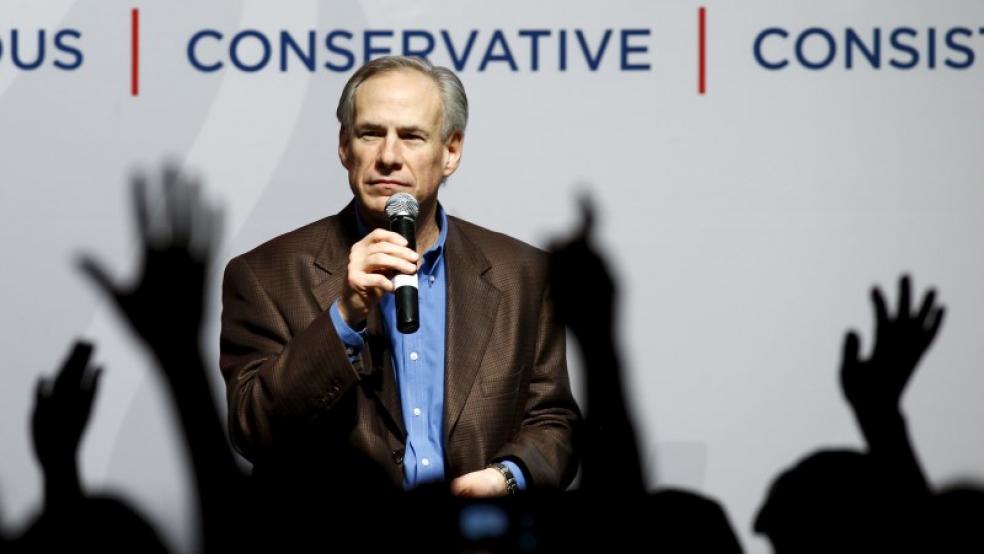It’s usually a mistake to infer large messages about presidential primaries from the results in any one state, but sometimes a single primary can be very revealing about the future of individual candidates. That’s almost certainly the case with South Carolina and Ted Cruz.
The Texas senator, currently running second to Donald Trump in both national polls and in the most recent polls of the Palmetto State, is at his strongest among “very conservative” voters and Evangelical Christians. That means that Cruz should be turning in his best performances in the Deep South — the heart of the Bible Belt. If he can’t perform there, election analysts say, there’s good reason to assume that he will struggle in the rest of the country.
Related: Cruz Tax Plan Would Blow a Pentagon-Sized Hole in the Budget
That’s why South Carolina looms particularly large for those watching the Cruz campaign. Like other states in the Deep South, it has a majority white, Protestant electorate with a large Evangelical element. His performance there is likely to be at least somewhat predictive of how Cruz does in the “Super Tuesday” primaries on March 1 — possibly the most important day on the calendar for his campaign. With 12 states voting, including Alabama, Arkansas, Georgia, Oklahoma, Tennessee, Texas and Virginia, it’s the largest block of Cruz-friendly states on the calendar.
“I think if Cruz underperforms in South Carolina, his campaign will be drinking Maalox before Super Tuesday,” said Republican strategist Ford O’Connell. “The next four weeks are paramount for the Cruz campaign. If they can’t pick up some W’s by then, it’s very hard to see how he can win the nomination.”
The latest polling in South Carolina doesn’t bode well for Cruz. CNN’s most recent poll of the state, released Tuesday, showed Trump ahead 38 percent to 22 percent among likely Republican primary voters. Most surprisingly, though, is that Trump led 42 percent to 23 percent among Evangelicals. (As a caveat, that poll was in the field both before and after Saturday’s GOP debate, in which many analysts believe Trump struggled.)
At minimum, what Cruz needs on Saturday, O’Connell said, is “a really strong showing coming out of South Carolina, so that even if Trump wins, the media is still talking about him.”
Cruz has, in a way, staked his campaign on his performance in the Deep South.
Related: Irony Alert: Trump Is Upset that Ted Cruz Is Lying
“For months, Cruz has paid special care and attention to the South because he knew that this region was the most fertile ground for his candidacy,” said Kyle Kondik, managing editor of Sabato’s Crystal Ball at the University of Virginia’s Center for Politics. “It is the most conservative and religious part of the country, and that’s the profile of the voters he is targeting. If Cruz can’t win or at least do very well in these states, it seems unlikely he can perform well in more moderate states.”
According to Kondik, Cruz’s fate as a candidate could well be decided in the next two weeks.
“While some of the other candidates can more credibly play the long game,” he said, “if Cruz doesn’t do well in South Carolina and in the South on Super Tuesday, he won’t have a path to the nomination.”





